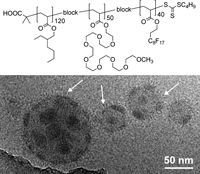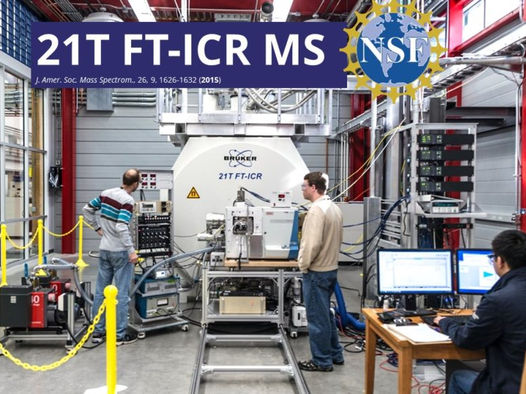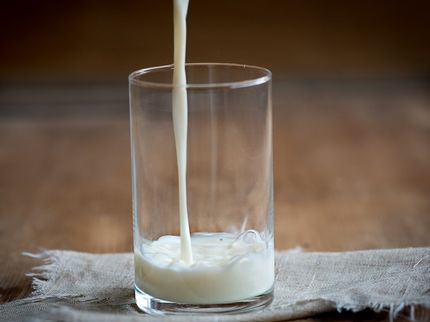Investigating micelles, as easy as ABC
German scientists have used cryogenic transmission electron microscopy to investigate the fluorinated domains within ABC triblock copolymer micelles. Christoph Böttcher from Freie Universität Berlin, André Laschewsky from Universität Potsdam, and their colleagues, have shown using cryo-transmission electron microscopy (cryo-TEM) that fluorocarbon domains may be dispersed throughout the hydrocarbon core of ABC triblock copolymer micelles. ‘Multicompartment micelles of tri-block copolymers (composed of a lipophilic, a hydrophilic, and a fluorophilic block) aggregate to form different individual morphologies, which can only be revealed in detail by suitable high resolving microscopic techniques’ explains Böttcher. ‘Among them are so called raspberry-like micelles with fluorinated domains, thought to be located at the core-corona interface. However, the exact shape and three-dimensional organisation of the fluorinated domains is often unknown and can not be simply retrieved from single projection images.’ The group have proposed a model in which the hydrophilic blocks segregate to minimize their contact with the surrounding hydrophobic core, by forming inverted micellar domains dispersed within the multicompartment micelles. ‘We found that the fluorinated domains are not only tethered to the core-corona interface as expected,’ says Böttcher, ‘they were surprisingly also found deep within the lipophilic core.’ ‘The design of assemblies with separate nanoscopic compartments is a major challenge in modern supramolecular chemistry,’ says Böttcher, explaining that these assemblies could be used for the transport of drugs, and their selective release at a target area. ‘Most desirable is a three-dimensional structural characterization of supramolecular assemblies’ he adds. He believes that this type of research will help researchers to understand the factors which govern the assembly processes, and allow them to fine-tune synthesis strategies. Original article: Berlepsch et al.; Chem. Commun. 2009

Most read news
Topics
Organizations
Other news from the department science

Get the chemical industry in your inbox
By submitting this form you agree that LUMITOS AG will send you the newsletter(s) selected above by email. Your data will not be passed on to third parties. Your data will be stored and processed in accordance with our data protection regulations. LUMITOS may contact you by email for the purpose of advertising or market and opinion surveys. You can revoke your consent at any time without giving reasons to LUMITOS AG, Ernst-Augustin-Str. 2, 12489 Berlin, Germany or by e-mail at revoke@lumitos.com with effect for the future. In addition, each email contains a link to unsubscribe from the corresponding newsletter.
Most read news
More news from our other portals
See the theme worlds for related content
Topic world Synthesis
Chemical synthesis is at the heart of modern chemistry and enables the targeted production of molecules with specific properties. By combining starting materials in defined reaction conditions, chemists can create a wide range of compounds, from simple molecules to complex active ingredients.

Topic world Synthesis
Chemical synthesis is at the heart of modern chemistry and enables the targeted production of molecules with specific properties. By combining starting materials in defined reaction conditions, chemists can create a wide range of compounds, from simple molecules to complex active ingredients.
Last viewed contents
Biodiesel on the wing: A 'green' process for biodiesel from feather meal
EcoSynthetix Appoints Interim CEO
Oxea expands alcohol portfolio to include 3-methylbutanol
BASF, Cargill and Novozymes target commercial bio-based acrylic acid process - Key raw material for the production of bio-based superabsorbents for baby diapers





























































